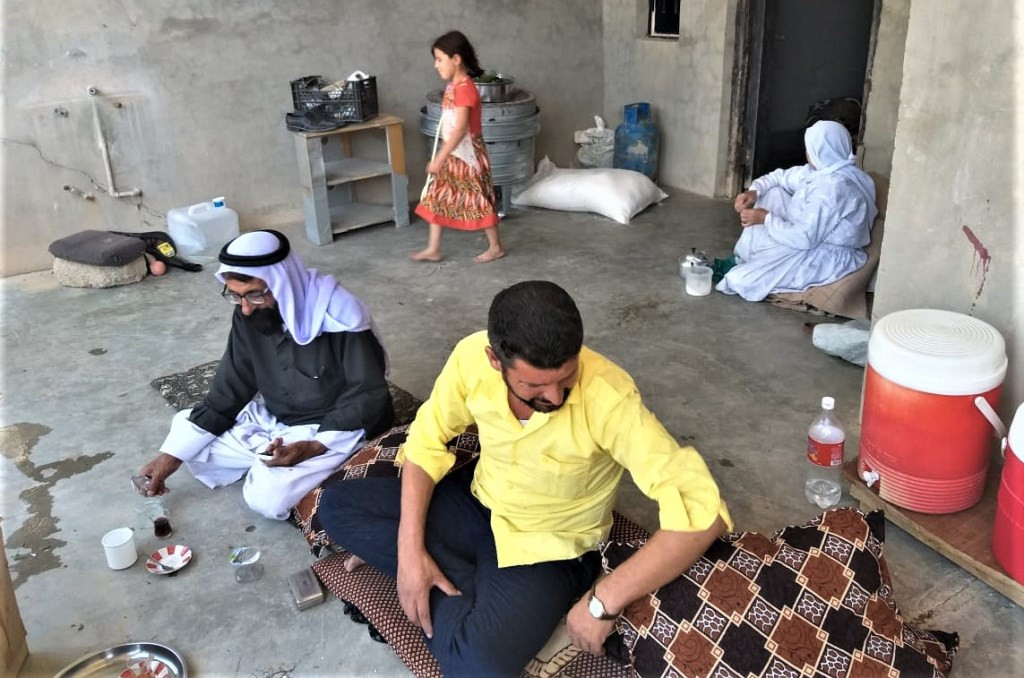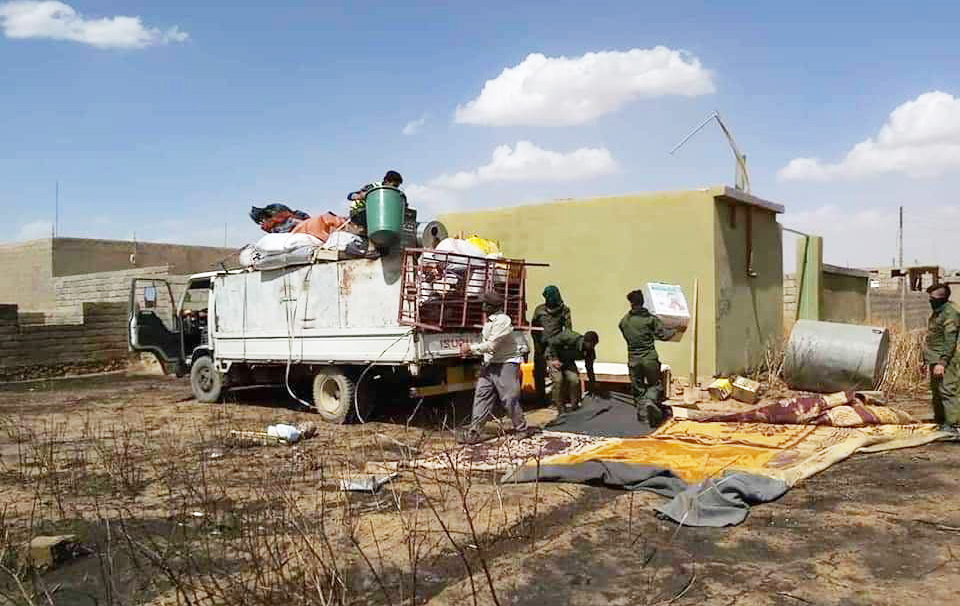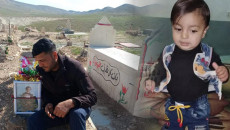Despite the return of thousands of people to the war-torn sub-district of Gir-Ouzer south of Shingal (Sinjar) from the camps for Internally Displaced People IDP, basic public services have not been restored so that traumatized returnees resume their ordinary life in their devastated hometown.
The vulnerable and marginalized community blames the local authority for absence of proper public services as up today national power has not been restored and water network not renovated.
Khuded Jamil Hamo, a resident of Gir-Ouzer (Al-Qahtaniya in Arabic) says over 480 IDP families have returned “but there is no electricity and drinking water up to now. This is the main challenge for the retuning families.”
There is no electricity and drinking water up to now. This is the main challenge for the retuning families
Gir-Ouzer, home to 5,000 people returnees currently, and the Ezidi-dominant region of Shingal and Shekhan has been the scene of genocide at the hands of the extremist fighters of the Islamic State in Iraq and Syria ISIS in August 2014.
Though Ezidi inhabited region was retaken in 2015 by Iraqi and Kurdish forces, IS invasion of the region and the fight against it led to vast destruction that requires tens of billions. The reconstruction process is very slow due to absence of funding: lack of security, stability, poor infrastructure and unemployment makes it hard for the impoverished community to return home.
Sa’ad Ibrahim, has recently came back to the settlement of Siba Sheikh Khidir of Gir_ouzer full of hope in order to put an end to life in IDP camp. “Services are almost absent and few projects are implemented in comparison to the number of the returnees.”

Shingal July 15 2019- A family returns to Gir-Ouzer, forced to leave in 2014. Photo by Ibrahim Ezidi
As the government is in charge of providing drinking water from big tanks in each town through a network to all houses, currently in Gir-Ouzer, a tanker delivers plenty of water for each family as a temporary solution.
Mazin Khalil Eido, says people are coming back in the past nine months but there is no national power. “We depend on private power generators for amount of money that all families can’t afford.”
Water is supplied by a tanker, he adds. Ezidis survived genocide so they need support, he adds.
“We depend on private power generators for amount of money that all families can’t afford.”
Ezidis are adherents of one of the ancient monotheist religions. Their population was over half a million in Nineveh province ahead of the ISIS atrocities
Shingal, located 120 west of Mosul, center of Nineveh province, used to be home to over 100,000 Ezidi ethno-religious minority and one of the disputed territories between Baghdad and Erbil. Ezidis also live in Bashiqa and other areas in Duhok Northern Province.
Seized in August 2014 by ISIS militants whom accused the Ezidis of being “devil worshippers,” Shingal has been the scene of tragedy: a genocidal campaign of killings, rape, abductions and enslavement, and the surviving community fled to safer-heaven IDP camps in the adjacent northern Kurdistan region.
Local officials promise better public services soon.
Mayor of Gir-Ouzer, Khudeda Hussein, said 90% of power network restored and next week the people in town to receive national power and the suburbs the week following.
“We have lots of problems like closure of public service offices. Only water and health centers are open, all others are shut because the employees are still in Kurdistan region.”
“We have lots of problems like closure of public service offices. Only water and health centers are open, all others are shut because the employees are still in Kurdistan region.”
Kurdistan Regional Government KRG figures show that IS militants captured 6417 Ezidis, mainly women and children, yet 3,000 are still missing. Over 8o mass graves and tens of individual graves were found but small part of it has been exhumed.
Following ISIS invasion, over 300,000 Ezidis were displaced to Mount Shingal and IDP camps in Kurdistan while about 100,000 has fled the country forever.
The catastrophe has led to daily casualties in the war-torn region as no serious efforts have been spent to save the traumatized survivors of atrocities. Several cases of suicide were reported among the Ezidi youngsters in the last few days.
Ezidi leaders are working hard to save lives as the shocked and shaking community is not ready to receive any more blows.

Returning IDPs has a lot to do to renovate their houses, blocs and streets. Photo by KirkukNow.
Azad Hussein left IDP camp a year ago to resume ordinary life in the village of Ouzer of the small town. Hussein asks for more greenery and projects in the education sector. “We are thrilled once we see charities and NGOs visiting us because we look for support. “We can help in all projects and do our best.”
Most of government offices are shut in Gir-Ouzer which awaits reconstruction and renovation.
“More people will be back soon once basic public services are restored,” Hussein hopes.






